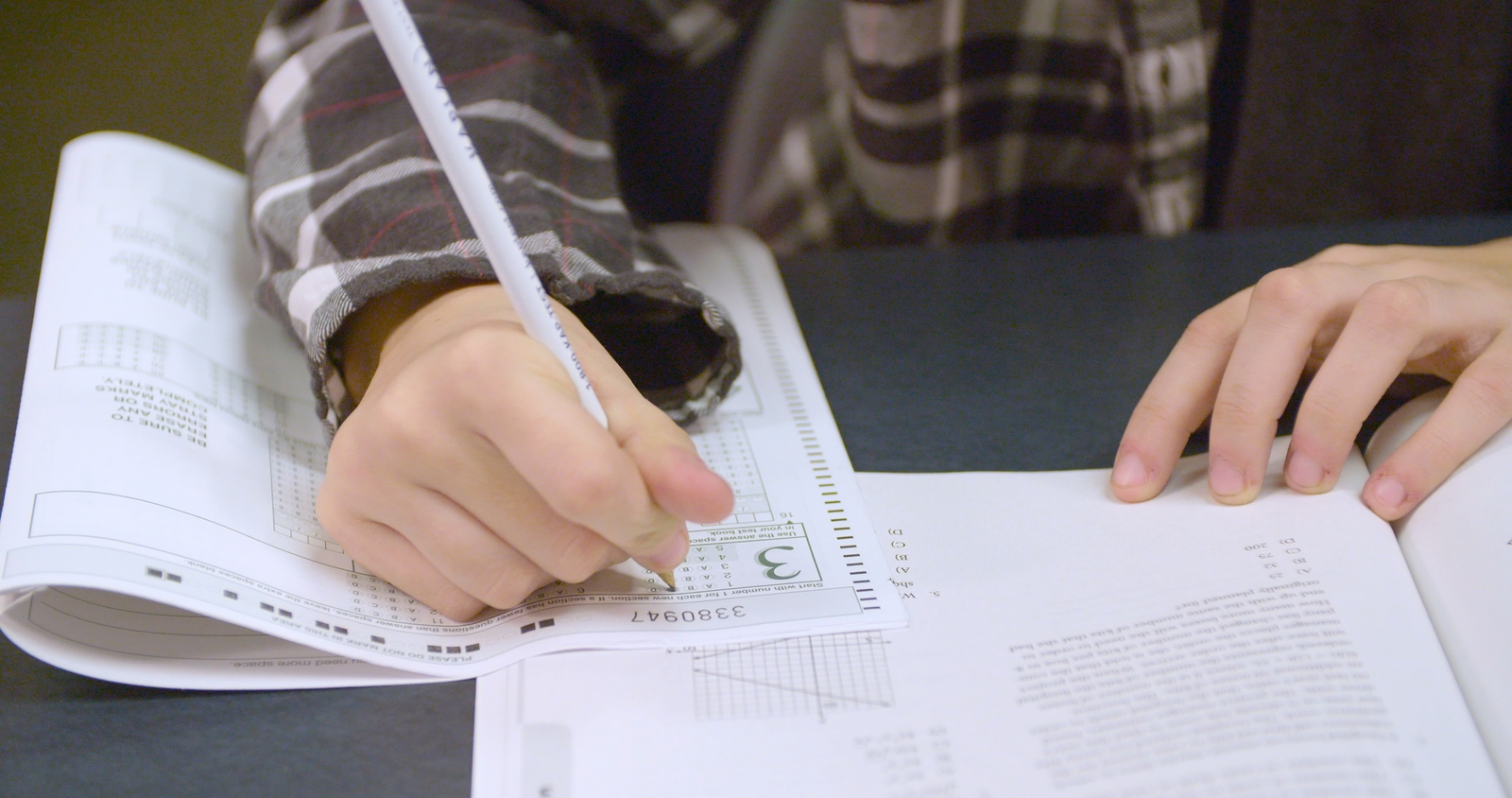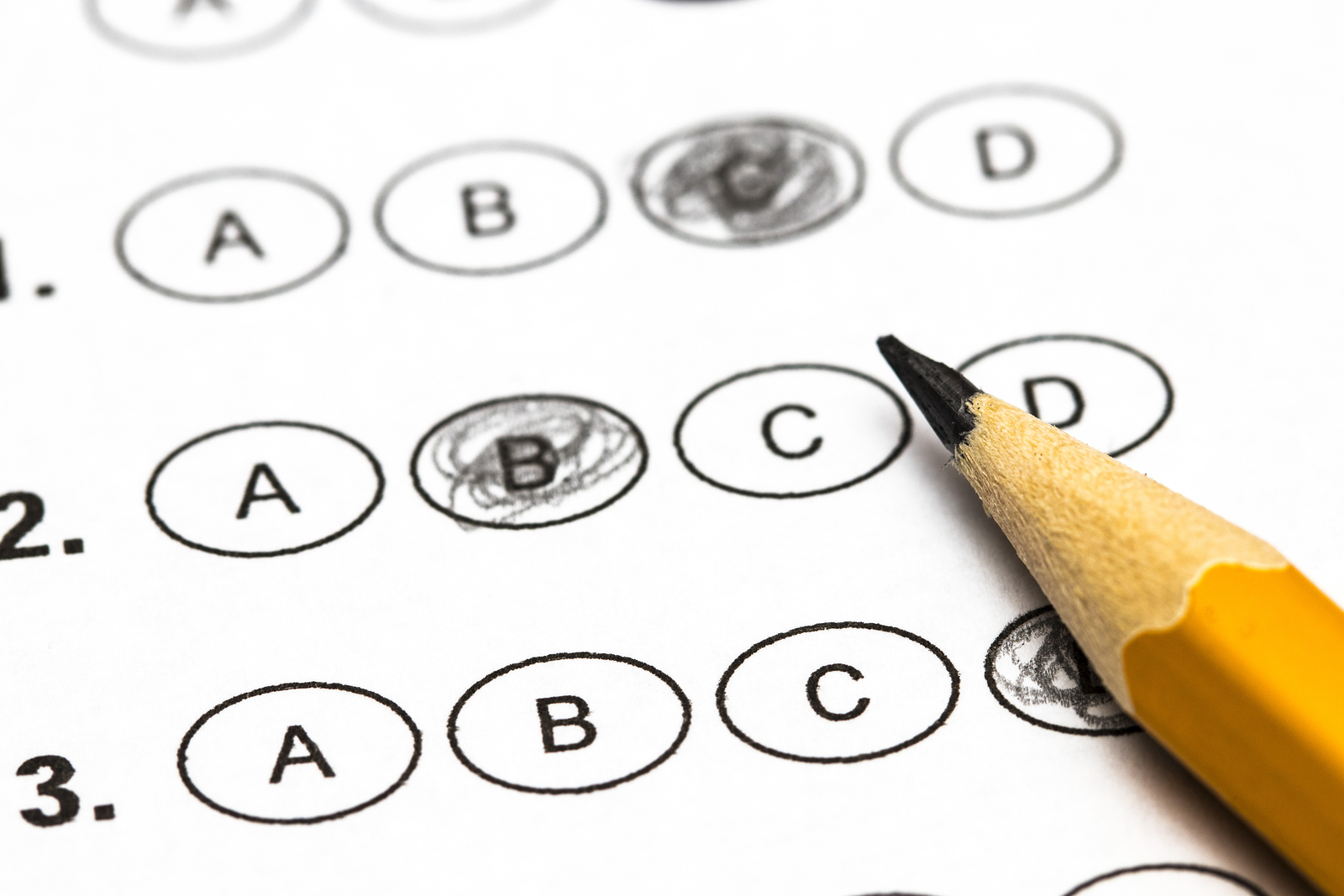The SSAT and ISEE test dates are here! In preparing for your exam, there is nothing better than continued, ongoing practice to make testing language second nature. But if you’re gearing up to test in the coming days and haven’t had a chance to formally prepare, there are three pointers that by keeping them in mind can take your test score from good, to great.
- Forget about impressing anyone. Good students often care deeply about trying their best in the classroom, and impressing their teachers. As a result, students develop habits that work well in class, but can be big trouble on test day. For example, consider this sample question found in ERB’s “What to Expect on the ISEE.” Jack and Michael ride their bikes down a straight path, starting at the same place and time. Jack rides at a speed that is 3 times as fast as Michael’s speed (M). After 30 minutes, they are 1,000 feet apart. Which equation, when solved for M, would give Mike’s speed in feet per minute? I’ll spare you the answer choices and make the observation that, while this question is geared toward 5th and 6th grade students, it can be a bit intimidating. I’m a college educated adult, and this question makes me nervous! If this question were presented in class, most students would work this through, even if it took more time than they’d like. But when taking the test, this habit needs to go! One has an average of about 60 seconds per question in this section, so time is limited. There is no teacher to impress here, so if a problem is starting to look like it’s going to take too much time, give yourself permission to take your best guess and move on to easier points. In the time is takes to do a hard problem, you might be able to pick up points on two or three easy ones.
- If you must guess, eliminate bad answers first. Each question has four or five possible answer choices, depending on the test. If the correct answer is not clear and you must guess, always look to eliminate as many bad answer choices as possible. Doing so will help clarify good answers, and significantly improve your odds of guessing correctly.
- Keep it in perspective. Yes, your test score will be used in the independent school admission process. The good news is that it is just one minor component of a much larger picture that schools will consider. If you’re one of the multitudes of students who doesn’t test well, then take comfort in the fact that test scores have never been shown to predict anything of value. They are not connected with academic success nor do they correlate with one’s passion, happiness and fulfillment later in life. Keeping the test in perspective will serve to minimize anxiety, and perhaps, ironically, improve your performance on test day.







